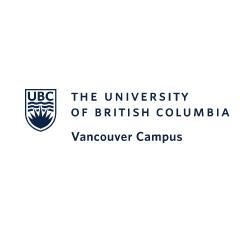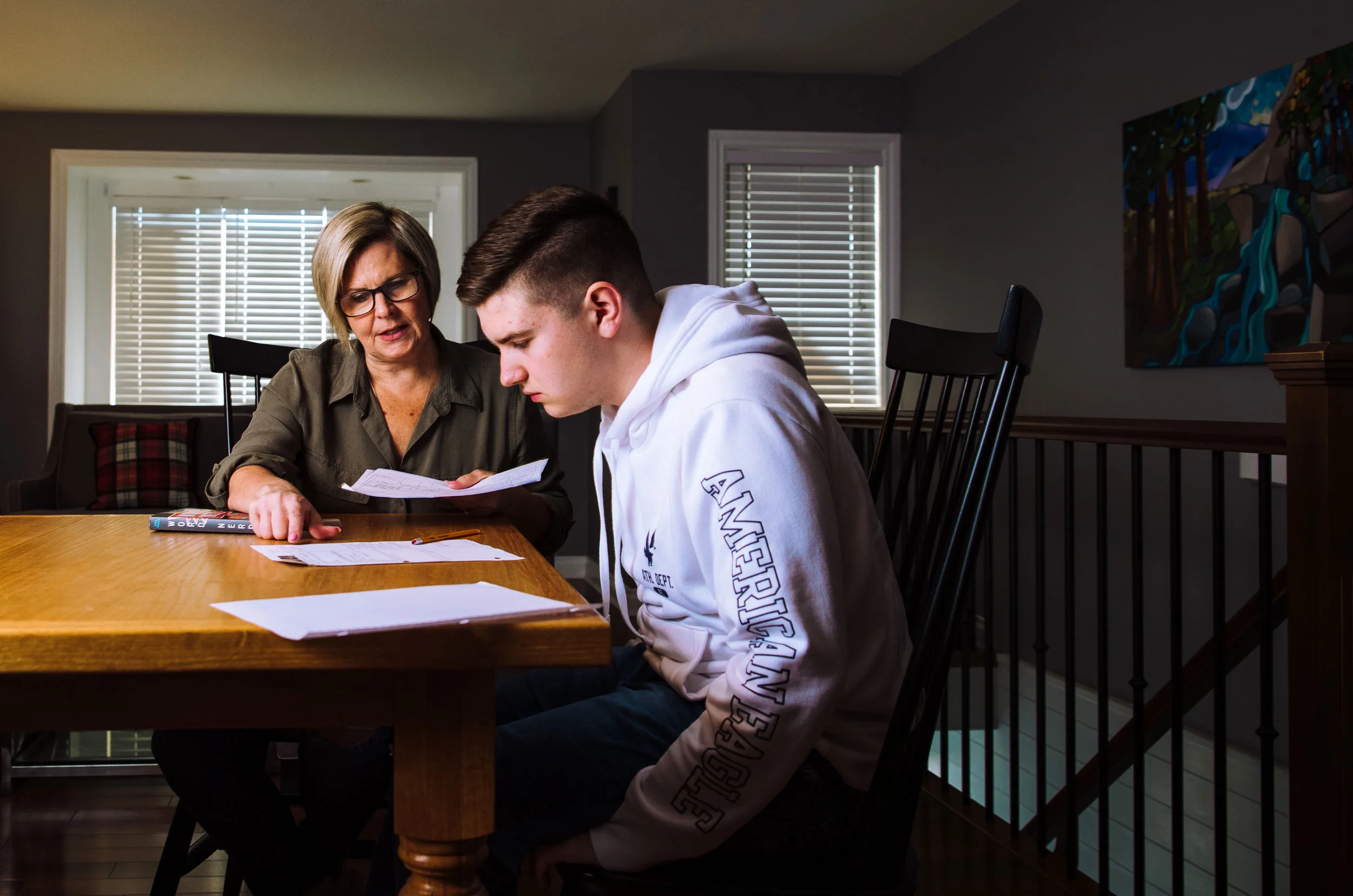The high school years are a time of growth and curiosity for youth. The opportunities that are provided to students at this time of their life, including planning for post-secondary education, will set the stage for how they will contribute to their greater community after graduation and helps form both their student and career identities. Our education system’s vision for student success has been created to “enable learners to maximize their potential and to acquire the knowledge, skills and attitudes needed to contribute to a healthy society and prosperous and sustainable economy” (B.C. Ministry of Education).
Unfortunately, in high school, the vision for learners with an intellectual and/or developmental disability is often drastically different from the vision for students without a label and lacks an expectation for lifelong learning. Post-secondary education is rarely seen as a possible path for their future. Instead, the focus for a student’s education shifts to life skills acquisition and transitioning to adult services. At a time when students should feel hopeful about their future, students with intellectual and/or developmental disabilities are instead being pulled away from an inclusive life path that leads to opportunities. They are deprived of the opportunity to dream big and plan for an adult life that includes post-secondary education.
What if we told you that high school doesn’t need to be this way and that the Ministry of Education’s vision for student success can include your family member and the choice to attend post-secondary education? Advocating for an inclusive education and life path is within reach.
STEPS Forward, the BC Initiative for Inclusive Post-secondary Education, was founded by families who wanted their family members to have equitable access to post-secondary education and benefit from the experience as any student would, including greater autonomy, choice, paid work, and social opportunities. In 2001, just five years after the last institutions for people with disabilities in B.C. closed their doors, STEPS Forward founding parents were challenging preconceptions about their family members’ desire and capacity as learners.
Through partnerships with post-secondary institutions across the province, students who have finished their high school education are supported to enroll at their local university or college to complete a program of study in the field of their choice. As more post-secondary institutions adopt Universal Design for Learning, students complete coursework and have opportunities to benefit and contribute to their campus life in ways that are typical for any post-secondary student. The post-secondary institution recognizes students with a certificate of completion at regular convocations alongside peers earning their credentials in the same field of study.
The initiative has the commitment to support students with significant and complex support needs. There are no minimum academic or behavioural requirements to receive support and enroll at our partnered universities; the only pre-requisite is a desire to continue learning at the post-secondary level.
The knowledge that students with intellectual and/or developmental disabilities can go on to post-secondary education if they choose to gives families and school staff permission to think broadly about the future. This validates students’ full inclusion through the high school years toward higher learning. The vision for an inclusive post-secondary education is connected to experiencing full inclusion in the typical high school pathways. It shifts the conversation to a future of more options, including the steps and support for each individual student to get there.
Families who hold an inclusive vision for their family members advocate relentlessly to stay on an inclusive life path. They believe that on this path their family member will experience opportunities that contribute to a good life and reflect their strengths and interest rather than only their deficits. It can be a challenging commitment, comes with many hurdles and obstacles, and is hard to do in isolation. However, the work of holding and advocating for an inclusive life is worthwhile. Building trusting relationships with other families and allies who have the same vision of inclusion as you do can support you on this journey and help you identify and prepare for the work ahead.
Here are some ideas, resources, and steps you can take to get your youth on this path:
- Casey’s story is an example of how having a vision for post-secondary education guided their decisions during her high-school education.
- Use the Advocacy Guide for inclusive post-secondary education for ideas on how to create the vision with your youth, make a plan, and know what steps to take during high school.
- Connect with Steps-Forward to learn more about this initiative for inclusive post-secondary education and connect with other like-minded families.
Current STEPS Forward Partnerships:











